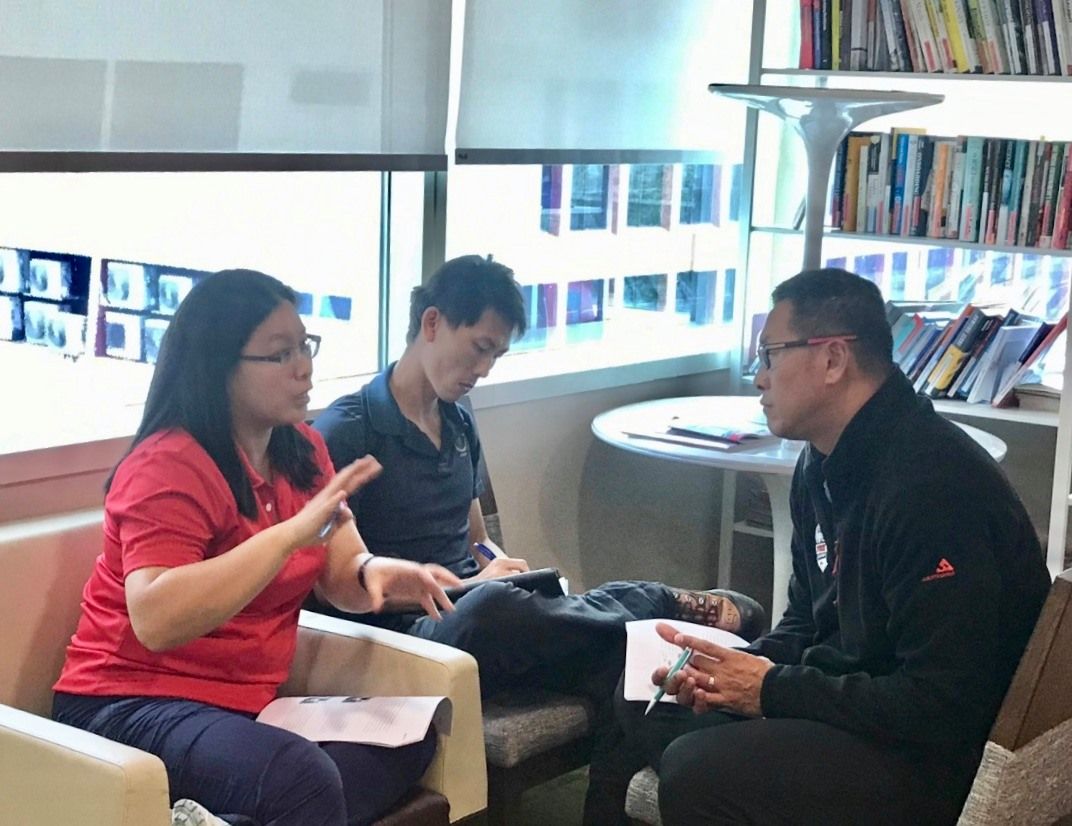Train-The-Mentor (TTM) Program
Why Organizations Adopt Mentoring Programs
71%
Of Fortune 500 organizations have a formal mentoring program
94%
Of employees say they would stay longer at a company if they were offered opportunities to learn & grow
84%
Of CEO’s being mentored said their Mentors helped them avoid costly mistakes & become proficient in their roles
Benefits
-
Access to tools to enhance mentoring performance;
-
Recognise mentoring boundaries, barriers, challenges and pitfalls;
-
Acquire requisite skills and knowledge to better develop others;
-
Understand mentoring roles and responsibilities;
-
Mentor with greater confidence and purpose;
-
Become more aware of your own intention, motivation and aspiration;
-
Maximize mentoring in play - in all aspects of life. A great way to catch your reader's attention is to tell a story. Everything you consider writing can be told as a story.

Key Learning Outcomes
-
Learn about the key concepts and benefits of mentoring - and why mentor?
-
Understand the differences between mentoring and coaching
-
Acquire core mentoring skills, knowledge and attitudes
-
Become more self-aware - the foundation to be a more effective leader in all aspects of life
-
Able to tap into your values, motivations and aspirations to create a more purposeful life
-
Take better care of yourself; fill your own cup so that you can better fill others' cups
-
Bring mindfulness as a daily practice in work and life - to create a more meaningful and compassionate life
-
Be more heart-centred, the home base from where you operate
-
See the big picture and develop your full potential as a human being
-
Establish a consistent sustainable mentoring ecosystem by:
-
-
Utilizing mentoring frameworks, models and techniques;
-
Addressing issues and challenges arising from mentoring;
-
Practice mentoring conversations.
-
Method of Instruction
-
This is a hands-on interactive program which uses various formats for required core skills practice:
-
Facilitation and knowledge and skills transfer through blended learning;
-
Skills acquisition and practise;
-
Role plays, interactive group simulations, discussions and presentations;
-
Case studies, simulations, pre-work and post-work;
-
Post-on-the-job-assessment and grading; mentorship program assessment and evaluation.
